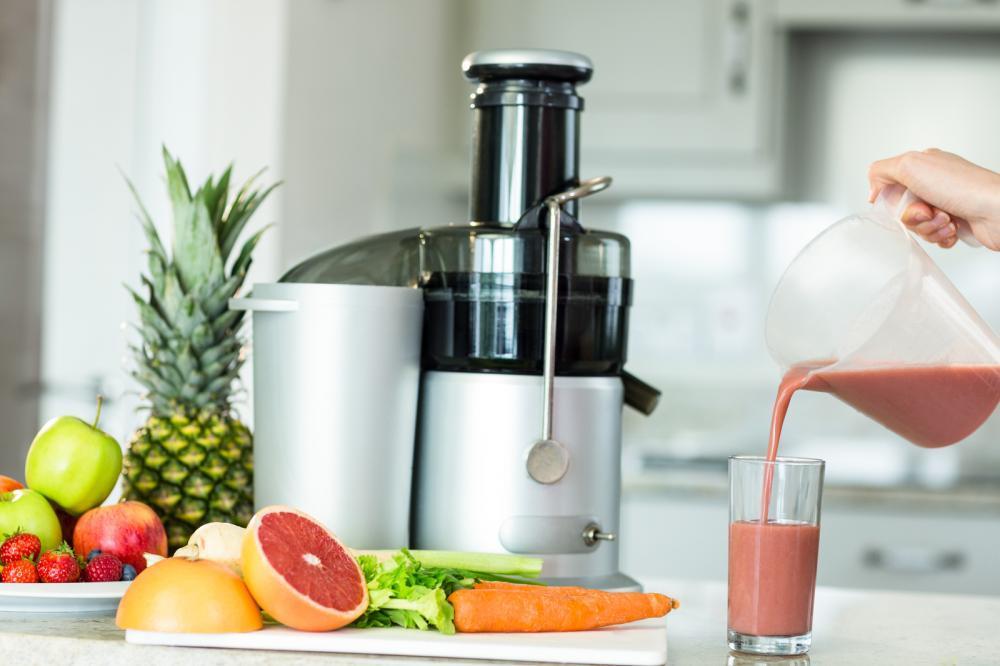The journey of healthy eating can often become a bit complicated with a number of half truths and uncertainty, especially, when it comes to the consumption of vegetables and fruits in drinkable form. Many argue that fruits and vegetables should be consumed raw or cooked while others say juicing is a great alternative of eating raw. There have been a number of juice detox diets that some have labeled as merely a fad while others swear by. Let’s have a look at the pros and cons of juicing:
Pros of Juicing
Juicing offers the following benefits:
Boost of Nutrients – This is a good way of adding more vegetables and fruits in your daily diet. Even though, eating fruits and veggies is more effective but drinking them is preferable to not consuming them at all.
Convenience – These make great to-go meals when you are in a hurry. You can make the juice ahead of time or even make a large batch and freeze it to use later.
More Variety – You can mix a number of fruits and veggies, even the ones you don’t like eating. This is a sure way of getting the nutrients that you have been missing out on.
Utilizing Ripe Veggies and Fruits – Many people usually throw out the veggies and fruits that become ripe. However, juicing is a great way of reducing waste. Moreover, well ripened veggies and fruits can provide even better flavor!
Cons of Juicing
Juicing also has some drawbacks, including:
High Cost – The reason juicing can become costly is because of the raw materials and labor. Juicing can be pretty labor intensive as it includes purchasing the produce, washing up, peeling and slicing, then juicing, not to mention the cleaning up afterwards. Furthermore, it requires a good quality juice maker. Even if you already have a juicer at home, you need a large amount of veggies and/or fruits to get a decent amount of juice from them.
Low Fiber – Extracting juice from vegetables and fruits means you would be consuming less amount of fiber as compared to the amount you can get by eating them as whole. Since you get rid of the nutritious pulp, you lose the fiber and decrease the amount of other major minerals and vitamins.
Overload of Sugar – Even homemade juices have a higher amount of sugar. Increasing the amount of fruits in your juice means that you would be consuming a higher amount of sugar. For instance, snacking on an apple gets you about 10 grams of natural sugar but for apple juice, you would need around 3 to 6 apples, depending on their size and quantity of juice you want to drink. This means more than 30 grams of sugar! It’s best to juice more vegetables to decrease your sugar consumption.
Juicing has many pros as well as cons. However, since majority of people barely consume two to three servings of the recommended five servings of vegetables and three servings of fruits every day, juicing can actually be a good idea to give your body at least some amount of the nutrients it requires.

